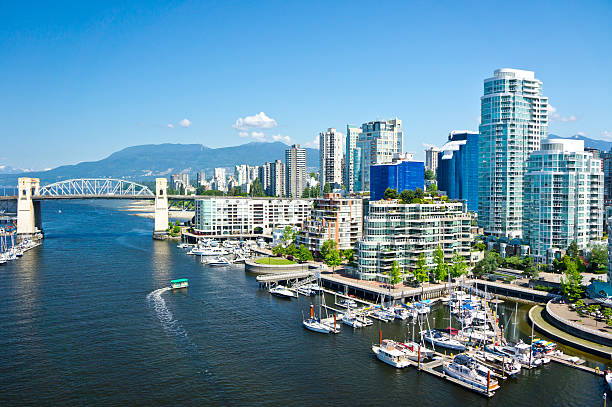Moving to Canada:
Embrace Natural Beauty and Cultural Diversity
As you embark on the extraordinary journey of relocating to Canada, where natural beauty meets cultural diversity, Universal Relocations stands as your dedicated partner. Our commitment transcends the logistics of moving; we are here to orchestrate your seamless transition into a life enriched by the breathtaking landscapes, friendly communities, and the mosaic of cultures that define the Great White North. From the vibrant city life of Toronto to the majestic Rocky Mountains of Alberta, let us guide you through the diverse tapestry that makes Canada a truly remarkable destination.

- Live plants
- Narcotics, drugs, incitements
- Fruits and vegetables
- Live ammunition and explosives
Banff National Park's Alpine Splendor
Toronto's Urban Sophistication
Vancouver's Coastal Charm
Montreal's Cultural Fusion
Quebec City's Historic Elegance

CANADA CUSTOMS GUIDELINES FOR USED HOUSEHOLD GOODS AND PERSONAL EFFECTS
DOCUMENTS REQUIRED
- Copy of passport (photo page only)
- Proof of residency abroad for at least 12 months (bank statements, utilities, rent receipts, income tax statement, etc. for first and last month of 12-month period) (returning citizens)
- Detailed inventory / packing list in English or French
- Owner of goods should be prepared to provide a valued inventory if requested.
- Receipts for new items
- Personal effects accounting document (form BSF186 formerly known as form B4)
- Original bill of lading (OBL) / air waybill (AWB)
- Liquor permit, if applicable
- Immigration papers, if applicable
- Work permit / student visa holders, if applicable
- Proof of residence in Canada (copy of deed / sales agreement / lease agreement) (seasonal residents)
- Copy of death certificate (import of inheritance items) Copy of will or letter from the executor of an estate (import of inheritance items)
MOVING WITH UNIVERSAL RELOCATIONS:
Embark on your Canadian adventure with Universal Relocations as your devoted partner. Beyond being a relocation service, we are here to guide you into a life enriched by natural beauty and cultural diversity. Contact us today for a consultation, and let us transform your move into an adventure filled with culture, warmth, and exciting possibilities. Your Canadian adventure begins here!

 800-13-7356
800-13-7356
